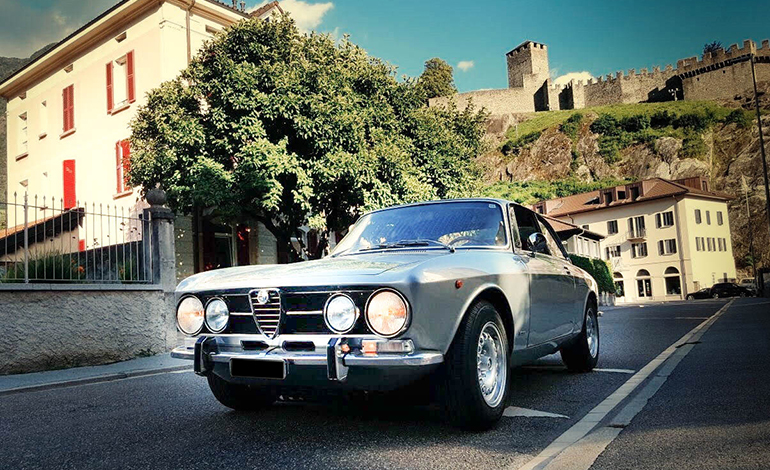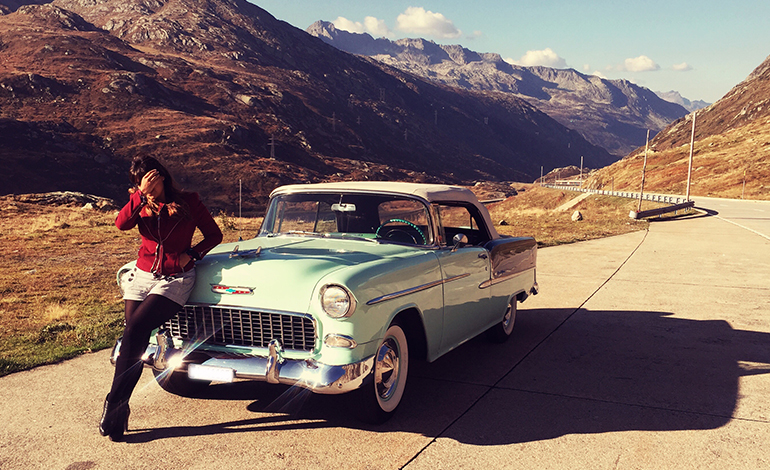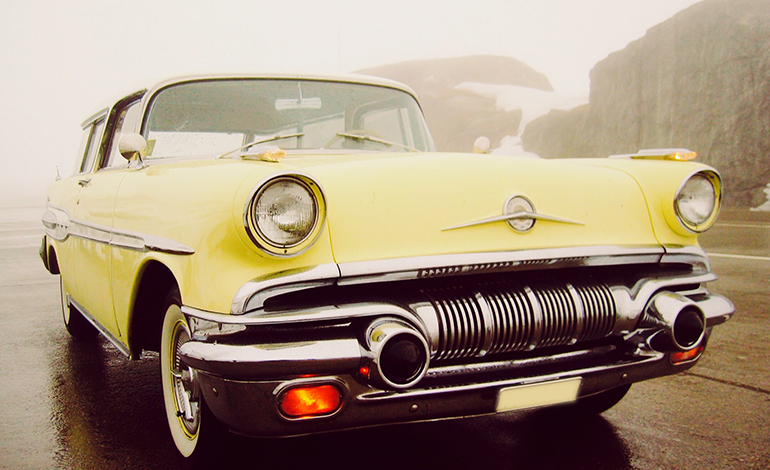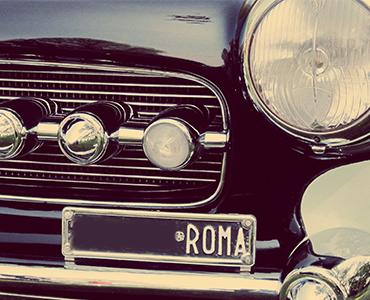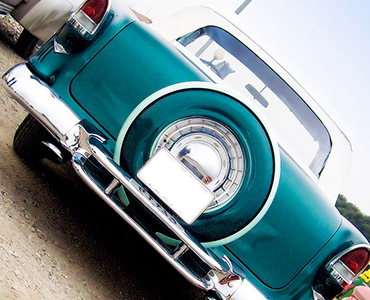The future of Classic Cars
ost people try to measure the future and attractiveness of Classic Cars through the prices paid at the most important auctions around the world. I would like to challenge the myth of classic cars being a strong asset class and would like to do a deeper analysis of the market and its future.
If we follow the prices reached at the last auctions, the increase in prices have stagnated and in some cases even have decreased.
Although, the Index, calculated over all brands, Historic Automobile Group International"(HAGI TOP) shows a market value increase during the year 2017 of 1,66 %. The 2017 Porsche Index decreased by -0.18%, Ferrari has increased by +2.75% and Mercedes Benz by +8.72%.
TAs reference we can also consider another interesting index, the k500 Index. There is another interesting index to consider, if you want to follow the development of Classic Car values; the k500 Index.
In 2018 after the auctions in Q1 there are experts, giving their prediction of an increase of the Market value in 2018 due to the paid prices. Further, they explain the trend with the following three points:
- - There is still an unbroken enthusiasm towards Classic Cars and a bigger community interested to buy historic vehicles.
- - Peculiar, unique…Interesting vehicles built in 1988 will flow as Classic Cars into the market this year.
- - Expecting high inflation, while interest rates will maintain at a low level, destroy monetary values. Therefore, people are looking for alternative investments.
Taking in consideration the above three points, it seems logic to preview a constant increase of the market within the next months. However, are these given reasons sufficient to justify a paid price for a 1960 VW Samba (estimate 100-130'000 US$) of 220'000.- US$? - Not really!
Unfortunately, I do not believe in the above and do not believe in a continuous increase of general market value of Classic Cars within the next decade.
If you consider the worldwide inflation of 3.16% in 2017 and the increase of the Classic Car Market of 1.66%, the real value of classic cars has increased just about half of the inflation. This means that the real value of the classic cars has been destroyed last year. I would like also to mention the MSCI all-country world index, tracking 73 stock markets, gaining 22% in 2017, without considering dividends or interests generated by financial products. The interest environment is increasing and inflation is still uncertain for this year. Therefore, I believe that these two figures will not have an influence on buyer's attitude.
Just a minor number of interesting cars built in 1988 that will enter the markets this year. Some of the Brands like Mercedes, Porsche, and Ferrari for sure will be part of the new raising stars. I do not believe that a Ford Scorpio, Saab 9000 or Audi 100, will really be attractive on the market.
A recent study conducted in Germany, tracking the interest towards automobiles in general and Classic Cars, reveals that the interest decreasing year by year.
- In % of the total population interested in Automobiles: in 2008 51.2% in 2017 41.9% (-9.3%)
- In % of the total population interested in Classic Cars: in 2008 22.6% in 2017 18% (-4.6%)
Especially the increasing numbers of vintage vehicles (age 15-29 years) does not relate to an emotional binding to these vehicles, but simply to the fact, that these vehicles are a cheap alternative to new vehicles. Most of these vehicles are in their last stage of life and will disappear sometime soon as maintenance costs will exceed their value.
The next factor that will influence the market value of Classic Cars are the Millennials.
The Babyboomers grew up with a general high interest in vehicles, technical evolution and racing. The Generation X is still interested in cars, dreamt about a car sometime during the childhood, and represents the highest number of Classic Car Owners today. The upcoming Millennials, representing more than 50% of the worldwide population, is in general not interested in owning objects. They have developed completely new values and do not identify with any previous lifestyles. Millennials are interested in social media, health, travel, sustainability, social impact, ecological topics and technological innovation. In general, they do not care about history, politics and cultural heritage. They grew-up being thought, that vehicles are the reason of all evil, pollution, traffic and killing people by being dangerous. They travel by public transportation, Uber and are not strongly interested in having a driver's license. What should make me believe, that this same generation will be interested in owning a Classic Car and sustain the market value?
Summarizing the above, new generations have low interest towards the topic and there is no significant expansion of the market. As offer and demand makes the price, the Classic Car market will not offer any possibility of financial gains on the on the long term. Other collectables, like Postal Stamp, Coins, Insects, Keys and Carpets, suffered similar market dynamics. The niche shrinks and just a few very valuable or iconic items maintain or gain value.
Anyway, the interesting part of this reflection is to identify which will be the cars that will outperform the market and further observe the trends. I strongly believe that it will continue to be a highly irrational market and emotions will determinate the evolution of the prices.
At last, my personal conclusions of all of these considerations are:
- - Invest in cars that you personally like, enjoy and will be able to drive. The highest reward is your happiness gained by living this fantastic hobby.
- - Share your passion with likeminded. You will get to know fantastic people and learn about incredible stories related to automotive heritage.
- - The design, colors and noises of classic cars, naturally attract kids. Leverage this opportunity, talk and explain in simple terms. It is our responsibility to preserve the interest in automotive heritage; these kids will take care of our cars in future.

